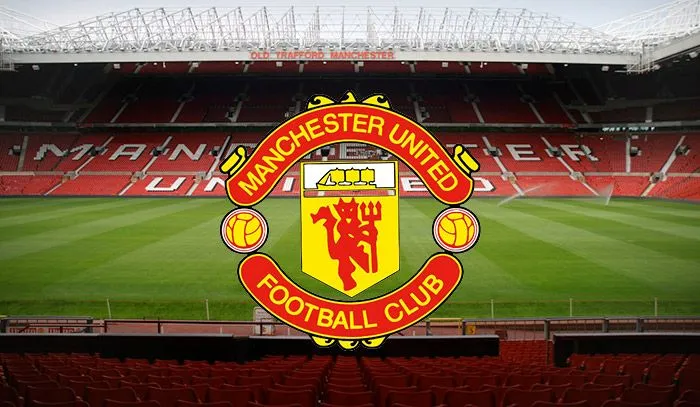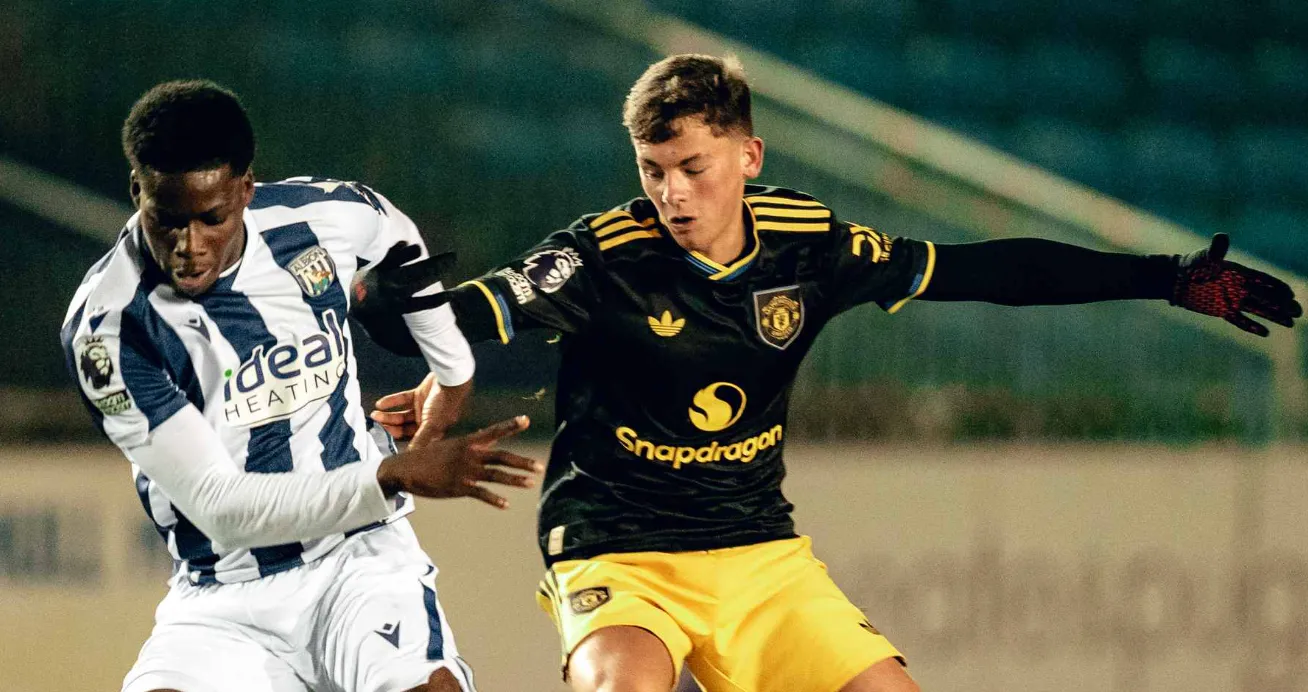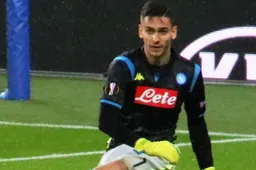Man Utd's weight in the transfer market hit by PSR with weakening revenue
NewsTuesday, 03 December 2024 at 06:11

Manchester United face a worsening profit and sustainability (PSR) position just as they are looking to reinforce the team.
They have released their accounts for the first quarter of the 2024-25 financial year which show that they will have a weaker position in the transfer market.
Ruben Amorim is putting his own mark on the United team and it is hoped that he will be able to bring in players this January who will fit in well with his 3-4-3 formation.
First-quarter finances
The accounts, concluded on September 30, showed a decrease in their overall revenue to £143.1 million, down from £157.1 million for the same period last year.
In addition, an exceptional cost of £8.6million, a result of restructuring costs and the implemented redundancy scheme, was recorded in their accounts
Managerial change
Changes in the coaching roles, including the dismissal of Erik ten Hag and appointment of Amorim, have also impacted the club's financial standing.
These changes included a £10.4 million payoff to Ten Hag and his backroom staff, while Sporting Lisbon received £11 million as compensation for Amorim and his coaching team.
PSR woes
It all means that United's PSR position has worsened considerably. The club has spent a significant amount, approximately £30 million, on exceptional expenses during the first quarter and following period, leading to a surge in overall cost.
Ratcliffe under fire
Sir Jim Ratcliffe, who only 10 months ago secured a 27.2% stake in the club is under fire for significantly hiking the price of remaining tickets mid-season.
This move mirrors tactics associated with the Glazer family - a parallel that has not been taken lightly by fans.
Ratcliffe's decision to price every remaining ticket for the season at £66, regardless of age, has triggered uproar among fans.
Some supporters at Old Trafford have openly voiced their discontent, seeing this as another attempt by club owernship to exploit their loyalty.
The flat ticket pricing could potentially turn away local young supporters. While financially viable for some, many fans will find this increase a burden, especially families.
Questions arise about the implications of this change, currently only targeted at unsold tickets for less popular games. There is a worry that this mid-season hike might be essentially testing the waters for a permanent price increase.
The club has claimed that it is a necessary measure as part of the cost-saving strategies, aimed at strengthening the financial base. They justify the price increase by saying that only a small number of tickets will be affected, and none of these will be for future cup games.
Demonstrating their discontent, supporters came together to protest in an action dubbed #StopExploitingLoyalty. They express their anger against the way fans are treated by club ownership. When an owner who claims to be a lifelong fan himself enforces such measures, fans' frustration only grows.
loading
Popular News
Loading


